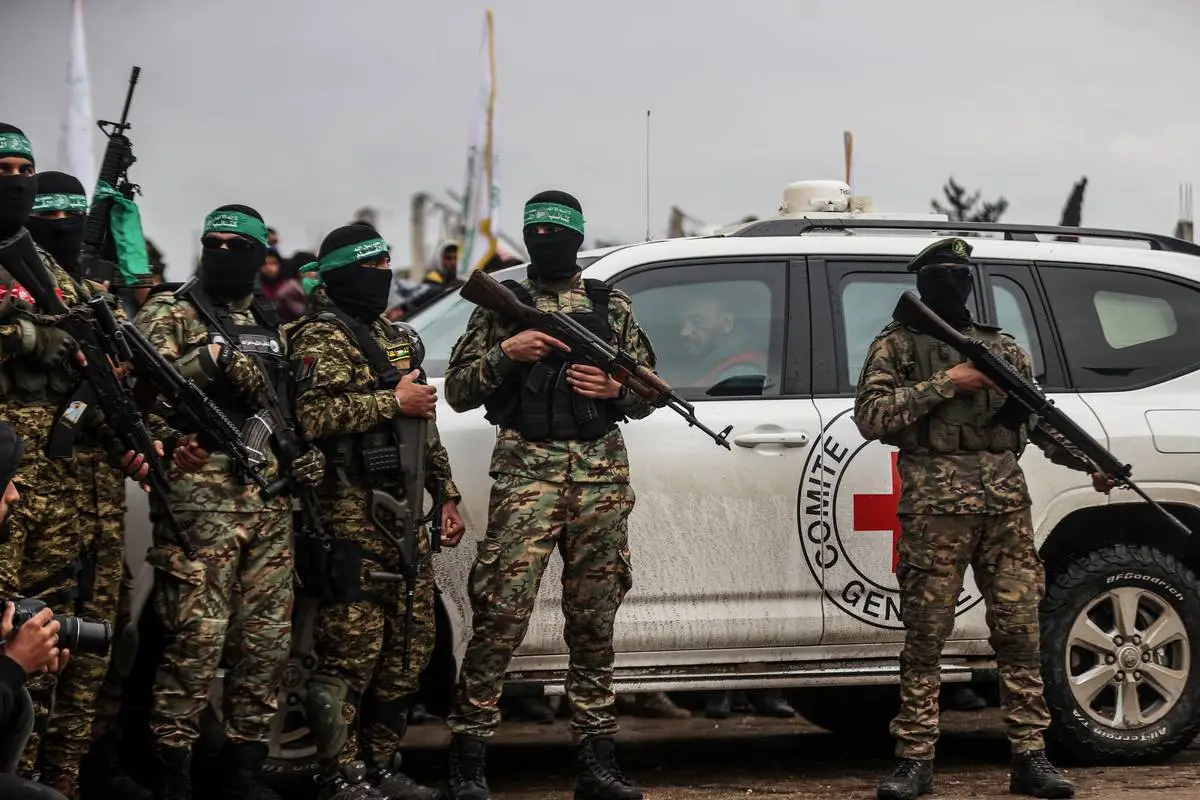In a recent statement that has sparked significant discussion, Hamas asserted that military force will not lead to the release of Israeli captives held in Gaza. This declaration comes amid ongoing tensions between Israel and Hamas, as the two sides continue to grapple with the implications of their long-standing conflict. Hamas spokespersons emphasized that “only dialogue will work” to resolve the situation, suggesting that military approaches are futile and counterproductive.
The context of this statement is essential, as it reflects the broader challenges faced in Israeli-Palestinian relations. The captivity of Israeli individuals has been a pressing issue, often becoming a focal point during negotiations. Hamas, which governs Gaza, has previously employed hostage situations as leverage in political discussions, making this latest assertion significant. By advocating for dialogue instead of force, Hamas appears to be signaling a willingness to engage in conversations that could lead to potential agreements or exchanges, although skepticism remains about their sincerity.
Analysts have pointed out that this statement could be an attempt by Hamas to shift perceptions both domestically and internationally. By promoting dialogue, the group may seek to portray itself as a rational actor willing to seek peaceful resolutions, rather than one that relies solely on violence. This could serve to bolster their standing among supporters while also appealing to external entities advocating for peace.
However, many remain doubtful about the feasibility of dialogue, given the historical mistrust between the factions involved. Critics argue that Hamas’s call for dialogue may be a tactic to buy time or to manipulate public sentiment, especially considering the backdrop of violence and conflict that has defined their interactions with Israel.
The Israeli government has maintained a hardline stance, often responding to such calls with skepticism and reiterating its commitment to security measures. The complexity of the situation is underscored by the fact that many families are anxiously awaiting the fate of their loved ones, caught in a cycle of fear and uncertainty.
As this situation unfolds, the international community observes closely, recognizing that any successful resolution will require a significant shift in the dynamics of negotiation. The assertion that only dialogue can lead to a resolution highlights the need for meaningful communication between the parties involved, illustrating the vital importance of understanding and addressing the underlying issues driving the conflict.
Whether this call for dialogue will lead to tangible outcomes remains to be seen, but it undeniably adds another layer to the intricate tapestry of the Israeli-Palestinian conflict.














